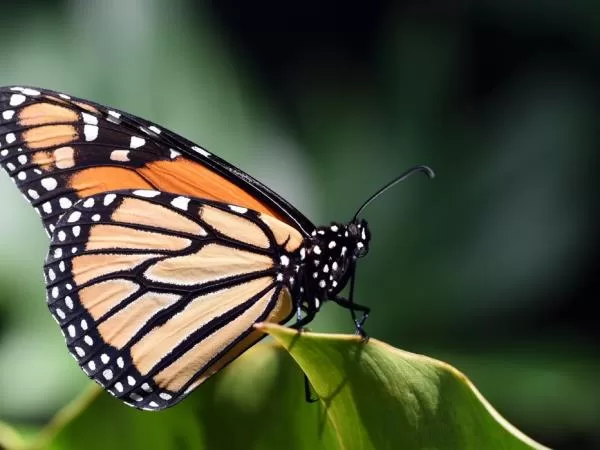
Our Mission to Protect Pollinators
At Pollinators in Peril, we focus on protecting pollinators, which are a key component of biodiversity. For example, pollinators like monarch butterflies, bees, and dragonflies face threats from habitat loss, climate change, and pesticide use. Consequently, their decline poses a serious risk to ecosystems and food production.
Moreover, we believe that protecting pollinators is crucial for the future of our planet. Our mission is not only to raise awareness about the challenges these species face but also to inspire action to safeguard them and the ecosystems they support. In addition, we aim to provide practical solutions and resources that empower individuals and communities.
Furthermore, by educating people and collaborating with passionate individuals and organizations, we can make a tangible difference in protecting these essential species. Ultimately, our collective actions today will ensure a healthier and more sustainable world for future generations.
Empowering Action for Pollinator Conservation 🦇
We believe that protecting pollinators is crucial for the future of our planet. Our mission is not only to raise awareness about the challenges pollinators face but also to inspire action to safeguard them and the ecosystems they support.
By educating people and collaborating with passionate individuals and organizations, we can help protect these essential species. Our collective actions today can ensure a healthier and more sustainable world for future generations.
The Importance of Pollinators for Biodiversity 🦋
Pollinators are critical to food production, plant growth, and the preservation of ecosystems. They support agricultural systems, help in the regeneration of forests, and maintain the intricate web of life. Without them, many plants and animals would be unable to survive, and ecosystems would collapse.

Who is a Pollinator? 🐝
Honey bees are probably the most well-known pollinator. They are considered the most important insect known to humans. One third of the food we eat is pollinated by honey bees. However, many insects including other bee species, butterflies, beetles and flies are pollinators.
Hummingbirds are small birds that have the ability to hover in midair by flapping their wings up to eighty times per second. Their long, curved beaks are designed to fit into flowers to gather nectar. Hummingbirds burn up a tremendous amount of energy and so they are attracted to the flowers that will give them something in return for their pollinating efforts.
Pollination also happens via the wind. Wind-blown pollen is normally dry and dust-like. Wind pollinated plants are often plainer looking with feathery-looking flowers. Many trees and grasses rely on wind for pollination.
Credits: https://natureworkspark.org/project/pollinationstation/

Pollinator Conservation Resource Center
The Urgency of Protecting Pollinators 🌾
As we look towards the future, the survival of pollinators is intricately tied to the health of our planet. Pollinators are critical to food production, plant growth, and the preservation of ecosystems. We must act now to ensure that these creatures thrive, not just for their benefit but for the benefit of all life on Earth.

https://wildlife.org/changes-in-forest-condition-contribute-to-pollinator-decline/

A Global Movement for Pollinator Conservation 🌿
We focus on the broader picture — the urgent fight for biodiversity’s future, where pollinators are not merely contributors, but essential to the delicate balance of life. Through education, outreach, and collaboration with like-minded individuals and organizations, we are creating a global movement that is not only focused on survival but on thriving ecosystems for generations to come.

How You Can Get Involved 🌸
Together, we can make a difference. By raising awareness, inspiring action, and fostering partnerships, we aim to protect these incredible species and ensure a healthier, more resilient planet for all.
Are you prepared to HELP?
Nature Works Park
Xerces Society
Audubon Society
WWF
National Geographic
If you wish to support the conservation of monarch butterflies and the environment, consider donating to these amazing organizations that are at the forefront of protecting global biodiversity. The Xerces Society, WWF, Audubon Society, and many others are working tirelessly to ensure that species like the monarchs have a future.
Help Pollinators 🐝🦋🌾🦇🐦

